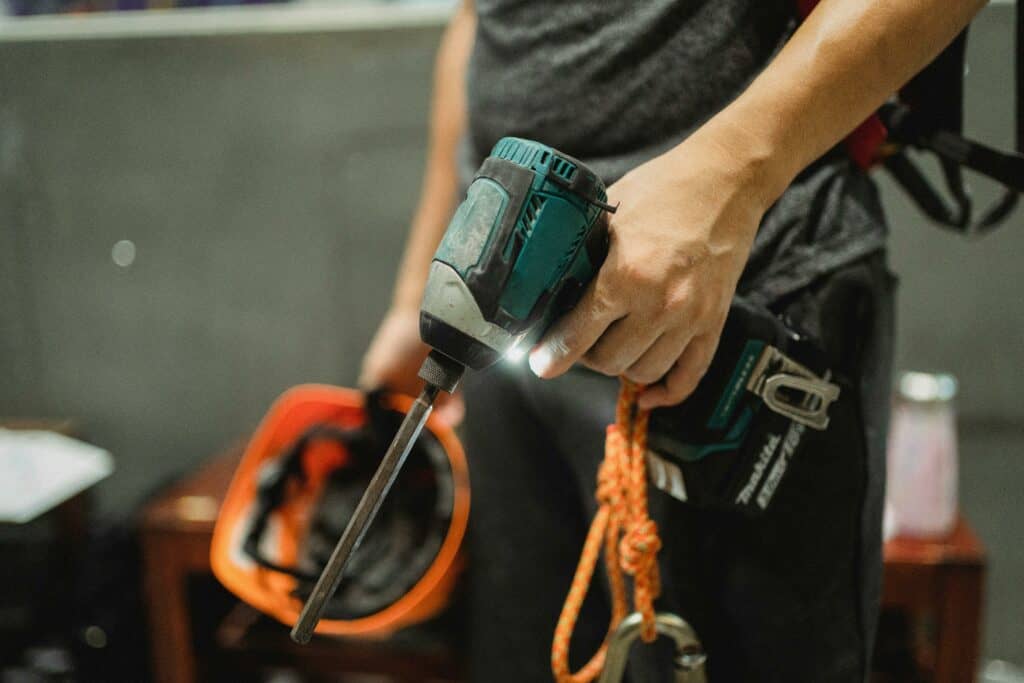Self Employed Home Movers
Moving home when Self employed
A home mover who is Self employed faces unique considerations when relocating to a new home and managing their mortgage. Here’s how the process can work for self-employed individuals:
Understanding Porting a Mortgage for Self-Employed Home Movers:
Porting a mortgage remains an option for Self employed individuals who wish to keep their existing mortgage while moving to a new property. However, it’s important to note that this process still involves a new mortgage application. It’s important to note that if you are Self employed. If your financial situation has deteriorated since your initial mortgage application, you may not be approved for the new mortgage.
When applying to port the mortgage, self-employed individuals should prepare to cover costs such as valuation fees and stamp duty for the new property. Additionally, if the new property requires borrowing more money, they may end up with two parts to your mortgage—the old part and a new one. This dual-mortgage situation can become costly in the future if you need to remortgage or even sell. In some cases, Self employed individuals might find it more beneficial to explore the idea of a new mortgage instead.
Remortgaging for Self Employed Home Movers:
For Self employed individuals planning to move to a different property, moving mortgage lenders is also something to consider. However, if you plan to keep your current property and purchase somewhere new, this could be a possibility for remortgage.
There are a couple of different scenarios where this can work.
Option one:
Remortgage your current property onto a buy to let mortgage and then purchase a new property to live in. It’s something to consider and research before rushing into, as it means you would become a landlord. It can also be an excellent way to look attractive to vendors as you are not in a chain.
Option Two:
The other option is to remortgage your property with the idea of purchasing a second residential property. It’s important to do your research as you will need to make sure that your income can support two mortgages and two lots of bills. To maximise remortgage chances, self-employed individuals must choose the right time tailored to their financial situation. For instance, remortgaging might lead to savings if you are approaching the end of a fixed-rate mortgage deal.
However, if your financial circumstances have worsened since you first obtained the mortgage, even if the fixed rate period is ending, approval for a new mortgage may be challenging.
Staying with the Current Lender as a Self-Employed Home Mover:
Remaining with the same lender when moving to a new property is an option for Self employed home movers. However, it’s essential to recognise that sticking with the current lender doesn’t guarantee significantly lower interest rates than you are currently paying. Moreover, staying with the same lender does not necessarily exempt you from early repayment fees unless on a standard variable rate (SVR).
Most lenders will still impose fees if you exit the current mortgage deal, even if they choose to stay with the same lender.
Therefore, exploring remortgage with other lenders on the market can offer potential benefits; self-employed home movers must consider these factors when deciding.
Changing Lender for Self Employed Home Movers:
If porting the mortgage is not an option. Self-employed individuals may find cost savings by switching to a different lender when buying a new property. A remortgage with a different lender can help clear the existing mortgage and provide the funds needed to purchase the new home. Alternatively, they can use the proceeds from selling their home to pay off the mortgage. However, it’s essential to be aware that early repayment fees may come into play when taking these actions. The decision-making process for self-employed home movers involves balancing potential savings against associated costs. Consulting with financial professionals can be invaluable in navigating these decisions effectively.
Considering Upsizing or Downsizing as a Self-Employed Home Mover:
Self-employed individuals may explore the options of upsizing or downsizing based on their property’s value and their ability to manage higher or lower mortgage payments. If the current property’s value has increased. They might consider moving to a more expensive home. However, if the property’s value hasn’t appreciated, upsizing becomes more challenging, requiring the demonstration of financial capacity for higher mortgage payments. For those looking to reduce ongoing housing costs. Downsizing can be an attractive option, especially if they can sell their current property at a favourable price. Downsizing typically involves purchasing a more affordable home, possibly without the need for a mortgage or with a smaller mortgage, resulting in lower monthly payments. This can be a wise financial move, particularly for self-employed individuals seeking to trim their housing expenses.
Do Self cert mortgages still exist?
No, self-cert mortgages in their true form no longer exist. After the financial crisis 2008, regulations made them obsolete as they lacked thorough income verification, leading to risks for borrowers and lenders.
However, there are still options for self-employed individuals and those with irregular income to obtain mortgages through avenues like:
- Specialist self-employed mortgages: Focused on alternative income verification like tax returns and business accounts.
- Guarantor mortgages: With someone else guaranteeing the loan.
Can Self employed get mortgages?
Yes, self-employed individuals can get mortgages. Lenders usually look for a stable income history through tax returns or business accounts to assess their ability to repay the loan. The process might require more documentation than someone with a traditional salaried job, but it’s achievable for self-employed people.
How many months Self employed for a mortgage?
The duration you need to be self-employed to qualify for a mortgage varies by lender, but lenders typically like to see at least two to three years of steady self-employment income. Some lenders may consider applicants with at least one year of self employment, especially if they have a previous employment history in the same field or a solid financial profile. It’s essential to check with specific lenders as requirements can differ.
How many years Self employed for a mortgage?
For a mortgage application, most lenders usually prefer that you have been self-employed for at least two to three years. This helps them assess your income stability and reliability. However, some lenders might accept less, especially if you have a solid financial history or previous experience in the same industry. It’s always best to check with individual lenders for their specific requirements.
Can I get a mortgage if I’m self employed?
Yes, you can get a mortgage if you’re self-employed. Lenders typically look for evidence of a stable and reliable income, often requiring at least two to three years of financial records or tax returns. They may also consider your credit history, savings, your self-employment stability, and your business’s overall health. While the process might involve more paperwork and scrutiny than a traditionally employed individual, many self-employed people successfully obtain mortgages.
Does self employment affect mortgages?
Self-employment does affect the mortgage application process, mainly in how lenders assess your income and financial stability. Unlike traditional employees, self-employed individuals might need more comprehensive documentation, such as multiple-year tax returns, profit and loss statements, and business bank accounts. Lenders often scrutinise these applications more closely to ensure consistent income and the viability of the self-employed business. This doesn’t prevent self-employed individuals from getting mortgages, but it does mean they may face a more detailed evaluation process.
How Self employed mortgages are calculated?
Mortgages for self-employed individuals are calculated based on a few key factors:
- Income Verification: Lenders typically look at your net income after business expenses. This is often determined from tax returns and profit/loss statements.
- Average Income: Many lenders average your income over the past two or three years to get a stable figure, especially if your earnings fluctuate.
- Debt-to-Income Ratio: This ratio, which compares your monthly debt payments to your income, is crucial. A lower ratio is preferred.
- Credit Score: A strong credit score can be advantageous, as it indicates financial reliability.
- Deposit: Sometimes, a larger deposit might be required to offset the perceived risk of a fluctuating income.
- Business Stability: Lenders often consider how long you’ve been self-employed, looking for at least two to three years of stable self-employment.
The exact calculations and requirements can vary between lenders, so it’s essential to shop around and perhaps consult a mortgage advisor specialising in self employed clients.
Requirements for a Self employed mortgage?
For self-employed individuals seeking a mortgage, the requirements generally include:
- Proof of Income: Typically, you’ll need at least two years of tax returns or SA302 forms to demonstrate your earnings.
- Business Accounts: Provide certified accounts or profit/loss statements, preferably prepared by a qualified accountant, to show your business’s financial health.
- Bank Statements: Both personal and business bank statements are often required to assess your financial management.
- Credit History: A strong and clean credit score can significantly enhance your application.
- Stable Income: Lenders look for evidence of steady, sustainable income over several years.
- Business Stability: Your business should ideally have been operational and profitable for at least two to three years.
- Additional Assets: Showing additional assets can sometimes strengthen your application.
Remember, each lender has their specific criteria, so it’s a good idea to verify the exact requirements with them or seek advice from a mortgage advisor who understands self-employed circumstances.
Understand Your Credit File
When greeting ready to apply for a mortgage it’s essential you understand your credit history.
We recommend Check My File who offer a 30 day free trial (usually £14.99 per month, you can cancel at anytime)
The Check My File Report provides you with a summary from three different credit reference agencies (Experian, Equifax & TransUnion).
Mortgage lenders use different credit reference agencies and you are able to see what the lender see prior to making any applications.

Why Mondo Mortgages
- Raising The standards of financial advice
- Making financial advice accessible to all
- Trusted & stress-free financial advice
- Friendly, personable advisors
